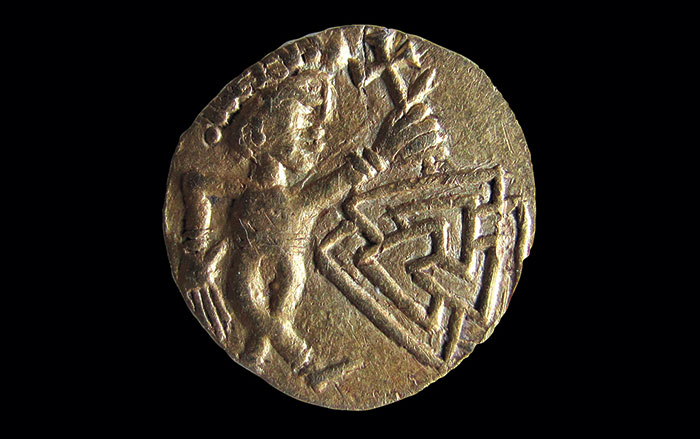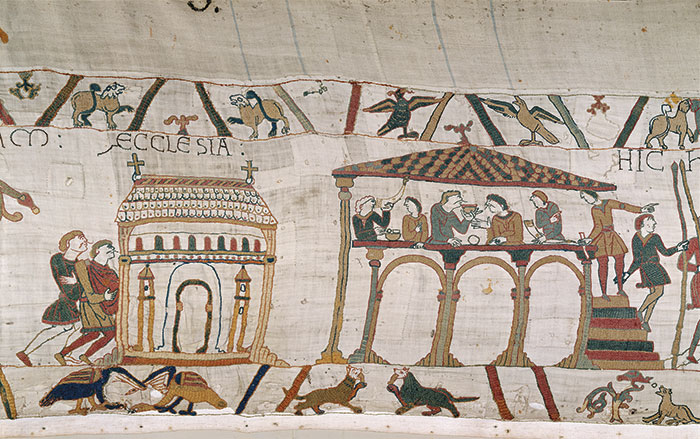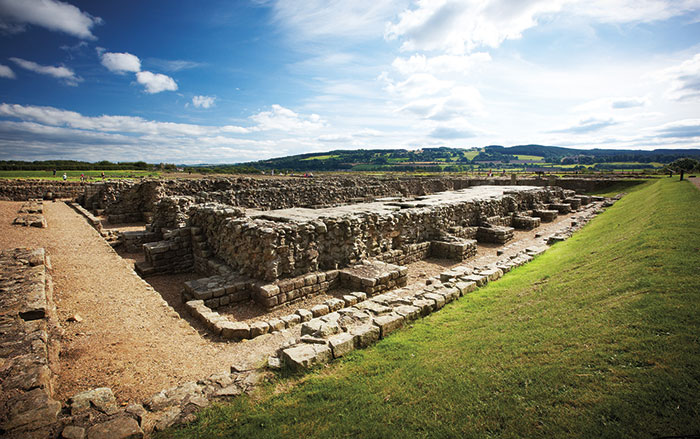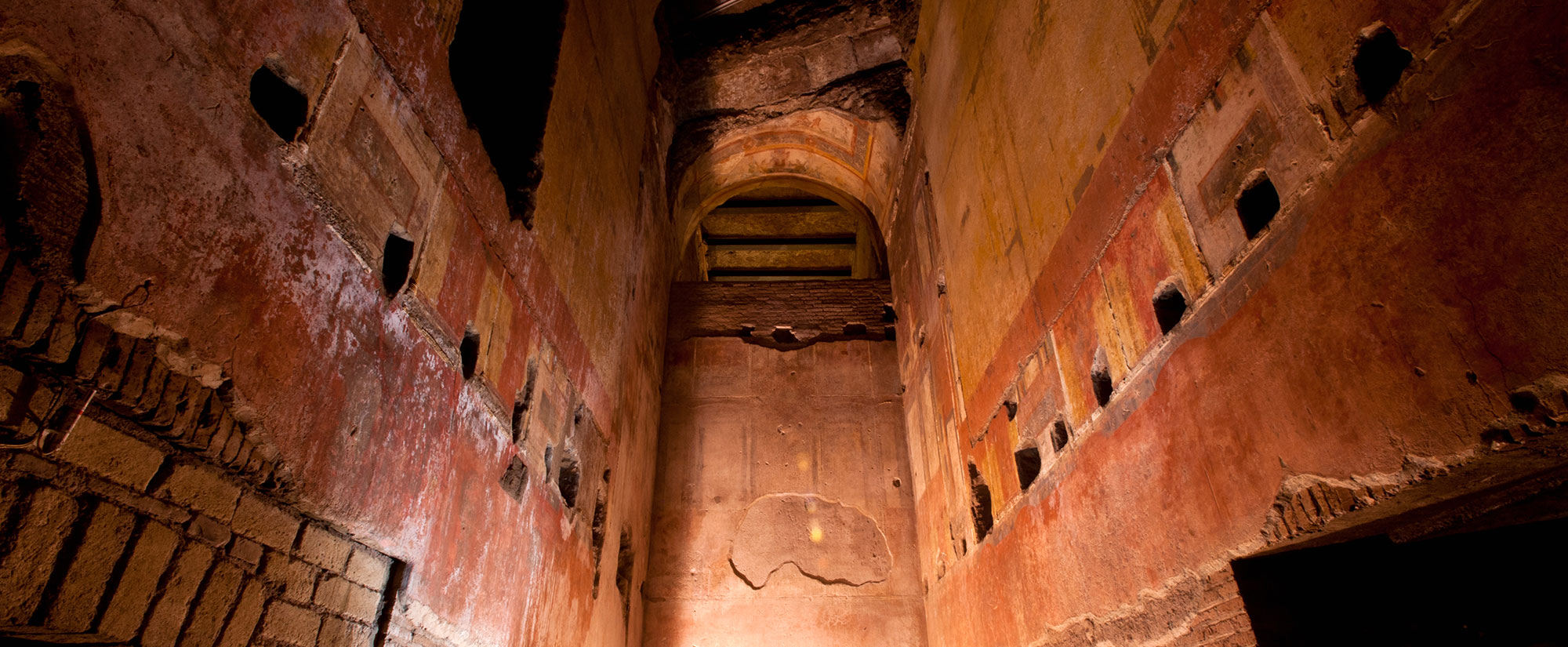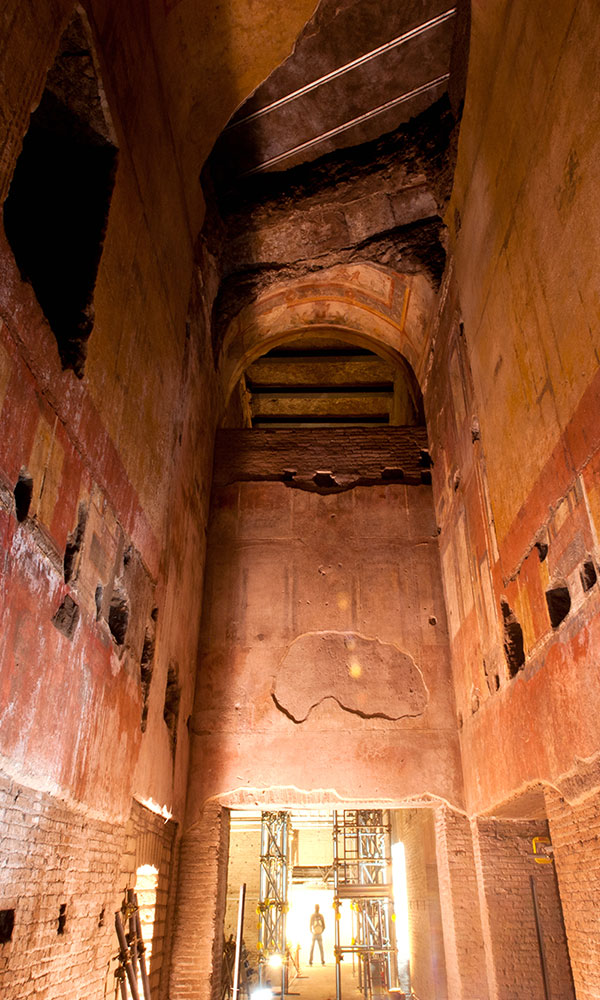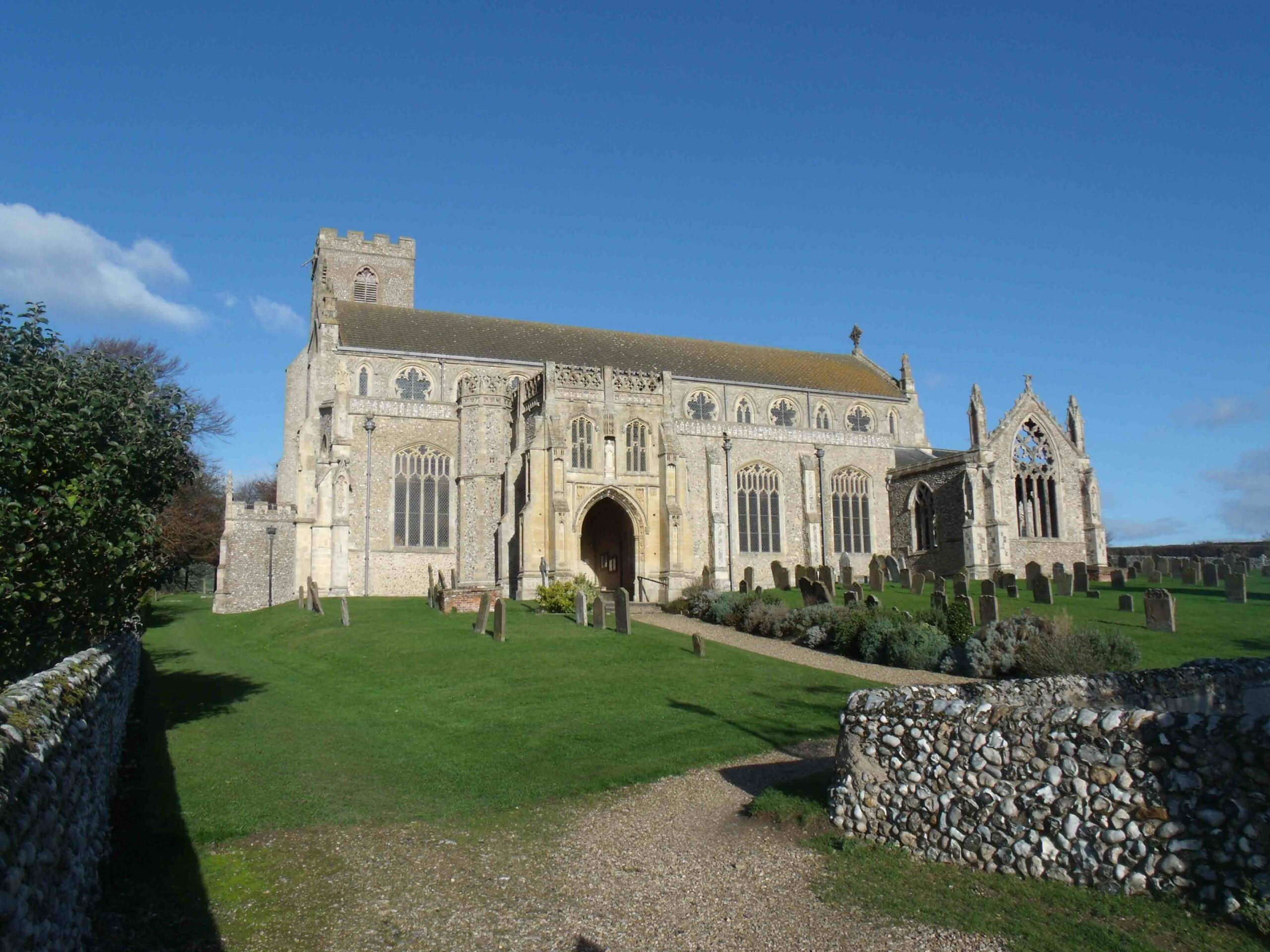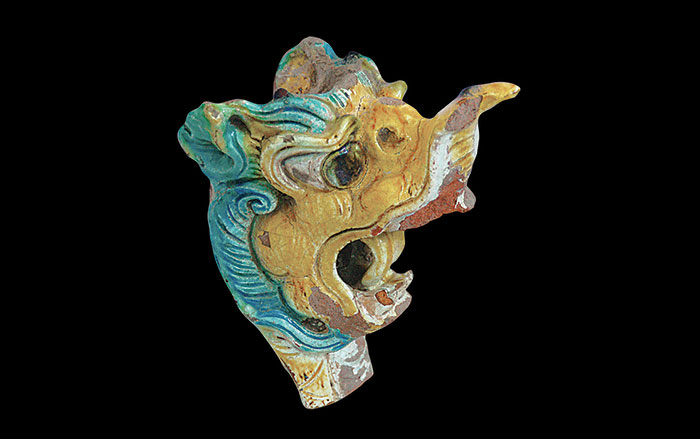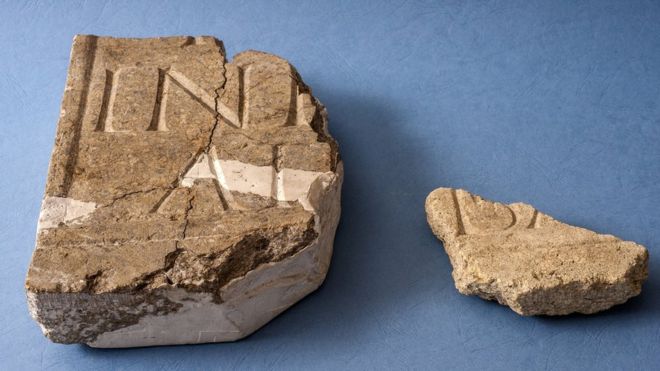
READING, ENGLAND—In 2013, archaeologists from the University of Reading unearthed a fragment of inscribed marble at the site of Silchester Roman Town, located in southern England. Analysis of the stone fragment, which is etched with the letters ‘ba,’ has shown that it was part of a sign with the letters ‘At’ in the second line that was found at the site in 1891. The sign is thought to have read ‘At(e)ba(tum), or ‘of the Atrebates,’ the French tribe thought to have founded Silchester in the first century B.C. “Matching pieces which were discovered over 100 years apart to a 2,000-year-old object is incredibly rare—perhaps happening only once or twice in the UK before,” Mike Fulford of the University of Reading said in a press release. Fulford thinks that the building may have been destroyed by the legendary Boudica during her rebellion against the Roman Empire in the first century A.D. To read more, go to "Boudica: Queen of the Iceni."


